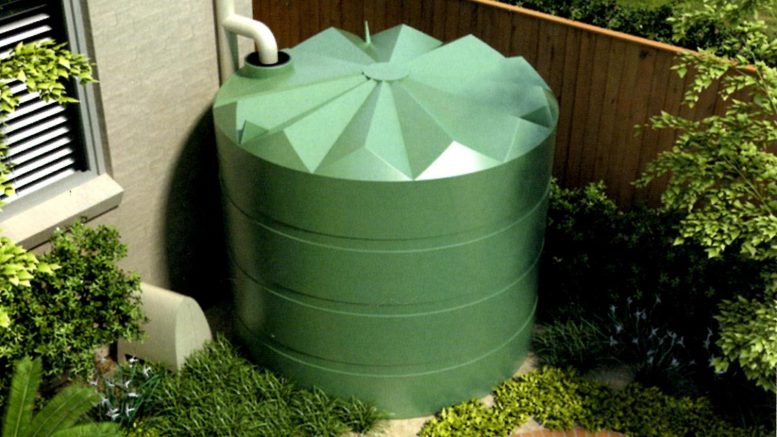In recent years the climate and rainfall patterns in Melbourne are changing. In fact, this is a part and parcel of a bigger global picture yet everyone requires planning some changes. With the inhabitants of Melbourne, continuing to face tighter water restrictions as well as rising costs, it is high time to consider using a rainwater tank. An average home can harvest about 100,000 L every year from the roof, which can be utilized for offsetting the water budget when it comes to one’s home. To install a rainwater tank, irrespective of the size, although a small step will help one become self-reliant. The bigger the tank naturally the more water one can accumulate and use.
Discover the different types
Water tanks over the years have actually proven their significance by providing a way to store rainwater for everyday use. In fact global warming has led to a lot of problems of which water scarcity is one of the leading problems. Especially in a place like Melbourne where scarcity of water is a big issue, such tanks solve this problem by restoring rainwater. More and more people are investing in such storage equipments owing to the plentiful benefits that it offers. Below is a list of the different types of rainwater tanks to help one choose a tank that they need. These include,
- Slimline Rainwater Tanks- it is perfect for the niches where space is limited for installing a round or any other water tank for that matter. A Slimline rainwater tank can be fixed in a minimum space and as it is manufactured of superior quality material, it will last for long
- Round tanks- this comes in assorted sizes and is quite affordable than other storage tanks
- Poly tank- it is manufactured of polyethylene that makes it highly durable and unbreakable. The best part about using a poly tank is one will not face any water tainting problems and also it is easy to clean as well as maintain
- Under deck tanks- this is the right choice for using the wasted space such as under the verandah. The under deck tanks have a huge capacity for storing rainwater in it
- Plastic water tanks- it is light weight, thus can be moved easily from one place to another and are also quite durable
Water is a vital resource in Melbourne that is popular for its dry spells, corresponding water restrictions and droughts. And with the significance of conserving water drilled into people’s collective consciousness through newspapers, online and advertisement on TV, most of them are aware of their water use at all times. In fact, this has resulted in the installation of rainwater tanks in Melbourne. In the absence of these storage solutions, rainwater actually runs into a storm water system prior to making its way into the ocean. And this way its potential as clean, fresh water for being used at home gets wasted. By accumulating this water in tanks, people along with reducing the storm-water runoff’s impact into the subtle ecosystem will also at the same time cut down the requirement for industrial de-salinisation. A water tank is not only attractive to the buyer yet it is also quite an attractive feature for the tenants as well. So anyone who is planning to rent a property can improve the worth of their rental home by providing such a resource on the premises.
Most tenants these days are eco-friendly, thus will show more interest in a property that show a commitment to reduce water usage and energy. Owing to problems such as shortfall in rainfall and drought, it has indeed become essential in collecting, harvesting and storing the rain water in these tanks. During the earlier days the people in Melbourne were not much concerned about such problems as the population was less and also the water that was available was sufficient to cater their needs. But today due to man’s avarice the environment has faced a lot of changes. Global warming, shortage of water amid others are all the outcomes of such big mistakes of man. Considering all this it has become a mandate to install water tanks in different parts of Melbourne to store rain water for optimum use.

Be the first to comment on "Benefits of Installing Water Tanks for Optimum Use of Water Resource"